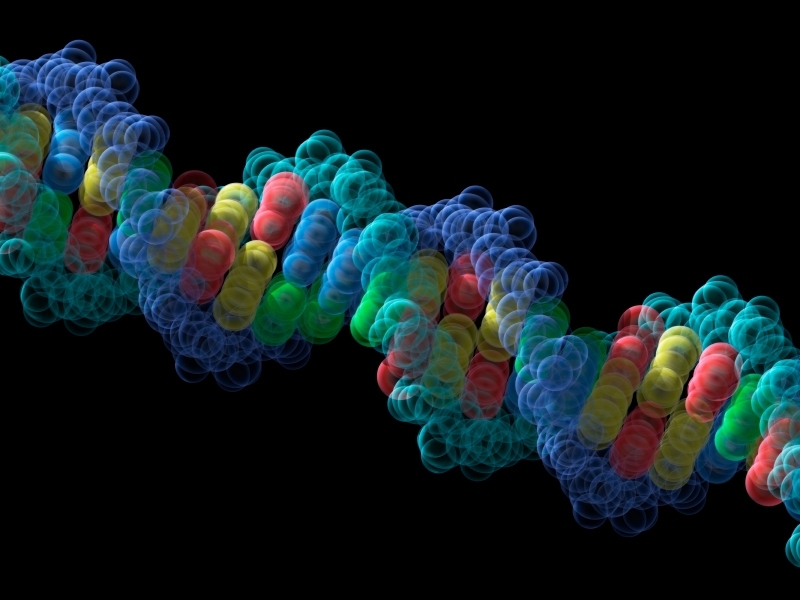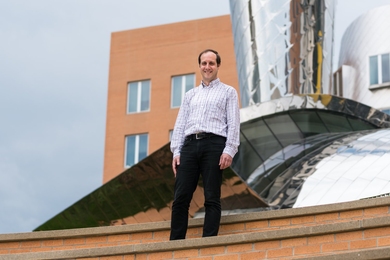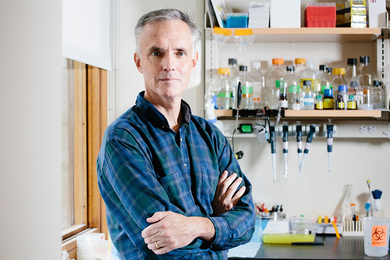Evelyn Fox Keller, professor emerita in MIT’s Program in Science, Technology, and Society, is a leading historian of biology whose new book, The Mirage of a Space between Nature and Nurture, published this fall by Duke University Press, makes a concise critique of nature-nurture debates. Among other things, Keller asserts, it is mistaken to think that heredity and the environment can be separated when “the entanglement” of these two factors in humans “is not only immensely intricate, but is there from the start.” Keller sat down with MIT News to discuss the topic.
Q. How does looking at the history of the nature-nurture debate shed new light on it?
A. For one thing, it’s commonly said or implied that the nature-nurture debate is as old as the hills. But if what we mean by the nature-nurture debate is the question of how you weigh the causes of development that are due to nature against those due to nurture, well, that debate is not as old as the hills. That form of the debate and the concept of putting nature and nurture in counterpoint is a very Anglo-Saxon idea, and it’s very recent. It really comes with Francis Galton, who introduced the notions of nature and nurture as alternative causes that could be separately weighed. [Galton, a controversial British statistician and researcher with Eugenicist views, introduced the nature-nurture phrase in 1874.] To be sure, people talked about nature and nurture before, but they didn’t juxtapose them in that way; rather they tended to regard nature as seed, nurture as the cultivation of that seed. And that was the predominant view everywhere in the world.
Q. This is, as you state in the book, in part a highly political issue. But you claim it is also a matter of conceptual and linguistic confusion even among those apparently without a political or social axe to grind. What do you mean?
A. I argue that part of the reason for the puzzling persistence of the “nature-nurture debate” is that the language of the debates is so hopelessly muddled. For one thing, there is a widespread habit of conflating genetic differences (mutations) with genes, and trait differences with traits — a habit that goes back to the early days of classical genetics when scientists viewed the chromosome as a string of genes. They thought there was nothing but these beads on the chromosome. So when they identified a change in phenotype (an organism’s visible traits), they attributed that to a change in the gene, to a mutation. There was nowhere else a mutation could occur. And it became common to talk about genes and mutations interchangeably.
Well, that clearly doesn’t work any more — DNA is clearly much more than a string of genes. Yet our ways of talking haven’t caught up. We still tend to slip back and forth between genes and gene differences. Just as we do when talking about traits and trait differences. A disease, for example, is not a trait, but trait difference — a departure from the normal. Similarly, there is also a widespread tendency to conflate statistical measures of heritability in a population with the likelihood of a trait being passed on in individual lineages that muddies the waters just as much. But these distinctions are not so easy to hold on to. If you read the literature — the technical as well as the popular — you will see a chronic flipping back and forth. Are we talking about traits, or are we talking about trait differences? Individuals or population? Indeed, many arguments depend on making such slides.
Q. Instead of posing questions about the relative significance of nature and nurture, then, what should we be asking?
A. One of the main things we want to know — the concern that’s hidden in that question — is: How plastic are people? To what extent are we stuck with what we are endowed with genetically? We’re stuck with our DNA, but lots of things affect the way DNA is deployed. It’s not enough to know what your DNA sequence is to understand about disease, behavior, and physiology. We need to know what the patterns of gene expression are. And that’s not written into the genes. Variable gene expression is not exactly a new insight, but its importance has only recently become apparent. So too, the whole issue of the plasticity. For example, We used to think there was no new nerve growth after adulthood. Well, there is new nerve growth. When people are severely injured, it is possible to develop new neural networks to compensate for that injury. But it’s hard. And the relevant questions are, how difficult is it to change behavior or physiology? What are the ranges of variation? Under what circumstances can behavior or physiology be changed? Those are issues that are extremely central in modern biology, and they address a critical part of what people want to know about the role of “nature.”
In a new book, prominent historian of science dismisses the ‘unanswerable’ question of whether heredity or the environment matter more in human development.
Publication Date:






